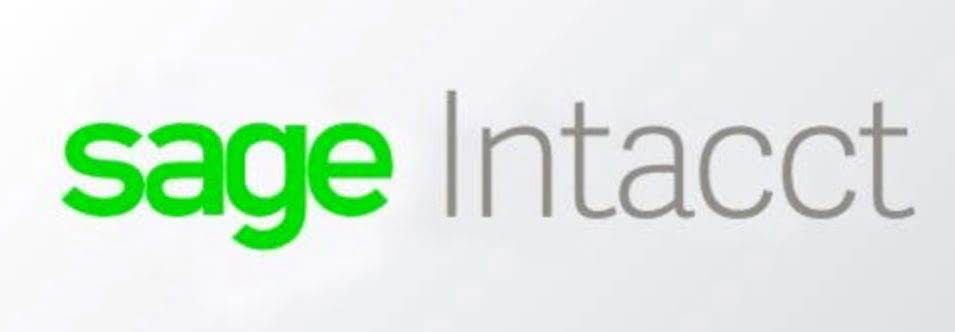If the claim is approved, the insurer will issue a payment to cover the cost of the loss or policy event. If the claim is denied, the claimant may need to take further steps to appeal the decision. In either case, it is important to keep detailed records of the claim to ensure that it is being handled properly. The reimbursement process begins when a healthcare provider submits a claim to the insurance company. The claim is then reviewed for accuracy and any applicable information such as the type of service performed and the cost of the service. The insurance company will then determine the amount of reimbursement for the service based on the type of policy and any applicable co-payments or deductibles.
- Some insurance payments can go on to the Profit and Loss Report and some must go on the Balance Sheet.
- Here are the ledgers that relate to the purchase of prepaid rent when the transaction above is posted.
- You would also enter a debit into your equipment account because you’re adding a new projector as an asset.
- Again, according to the chart below, when we want to decrease an asset account balance, we use a credit, which is why this transaction shows a credit of $250.
- There are various types of insurance cover available to small businesses and business owners so we’ll have a look at those and how best to treat them in the accounts.
Accounting Software Makes It Easy
The one-year period for the insurance rarely coincides with the company’s accounting year. Therefore, the insurance payments will likely involve more than one annual financial statement and many interim financial statements. The journal entry for insurance expenses is an important part of the accounting process. It ensures https://www.bookstime.com/ that the company is accurately recording the cost of insurance and that the prepaid insurance account is properly adjusted. The journal entry also helps to ensure that the company is properly tracking its expenses. In this journal entry, cash is increased (debited) and accounts receivable credited (decreased).
Purchase Stationery Journal Entry
Only the expired portion of the premium should be presented as “Insurance Expense”. It is acceptable to put money received into an expense account when it makes sense to do so, as it does in this instance. However, you can then reclaim a portion of that as a business expense when you calculate your deductible is insurance expense a debit or credit vehicle expenses based on the business use of your personal vehicle. The insurance provider charges an annual fee, called a premium, which will cover the business for 12 months. An insurance expense occurs after a small business signs up with an insurance provider to receive protection cover.
How Are Accrued Expenses Accounted for?
- Ultimately, it is important to research the details of the policy and make an informed decision about filing a claim to ensure the best outcome.
- As a business owner, you may find yourself struggling with when to use a debit and credit in accounting.
- An accrued expense—also called accrued liability—is an expense recognized as incurred but not yet paid.
- As can be seen the accrual double entry journal shown above debits the rent expense account which represents the cost to the business of using the premises for the month.
- The point is that a business has to select payment options that are reasonable and appropriate for their situations and circumstances and require payments in reasonable increments.
- So when the premium is paid upfront, this prepaid asset is increased with a debit.
By taking the time to understand how insurance expenses affect their business, businesses can ensure that they are adequately protected without overspending. Insurance rates can be greatly impacted by a range of factors, from the type of vehicle driven to the credit history of the policyholder. Location and usage of the vehicle can also affect the premium, as well as the gender, age, and marital status of the drivers. Insurance companies look at prior claims and insurance coverage, as well as moving violations and accidents in the past few years. Additionally, any licensed drivers in the household can also have an effect on the premium. For companies that are responsible for external reporting, accrued expenses play a big part in wrapping up month-end, quarter-end, or fiscal year-end processes.
Prepaid expenses are initially recorded as assets, but their value is expensed over time onto the income statement. Unlike conventional expenses, the business will receive something of value from the prepaid expense over the course of several accounting periods. When the insurance premiums are paid in advance, they are referred to as prepaid. The amount of the insurance premiums that remain prepaid at the end of each accounting period are reported in the current asset account, Prepaid Insurance. The balance in this account will be combined with the balances in other prepaid expense accounts and will be listed on the balance sheet as prepaid expenses.
Rules of Debits and Credits
This payment is known as insurance expense and is charged to expenses in a period, reflecting the consumption of the insurance over time. Insurance that is paid in advance is considered as a prepaid expense under the current asset in the balance sheet of the company. Bills payable are entered to the accounts payable category of a business’s general ledger as a credit. Once the bill has been paid in full, the accounts payable will be decreased with a debit entry. A critical component to accrued expenses is reversing entries, journal entries that back out a transaction in a subsequent period.
Insurance Journal Entry For Proceeds
- A company’s property insurance, liability insurance, business interruption insurance, etc. often covers a one-year period with the cost (insurance premiums) paid in advance.
- The $1,000 balance in the Rent Expense account will appear on the income statement at the end of the month.
- The balance sheet formula remains in balance because assets are increased and decreased by the same dollar amount.
- Any remaining balance in the asset account is what you still have left to use up into the future.
- I have entered their figures into the free bookkeeping software called Manager so you can see the insurance journal entry in action.
- The formula is used to create the financial statements, and the formula must stay in balance.
On December 31, the company writes an adjusting entry to record the insurance expense that was used up (expired) and to reduce the amount that remains prepaid. This is accomplished with a debit of $1,000 to Insurance Expense and a credit of $1,000 to Prepaid Insurance. This same adjusting entry will be prepared at the end of each of the next 11 months.



